Pixel 6 Updates Story Is A Disheartening Missed Opportunity
Google just recently unveiled what may be its most notable Pixel phone since the first one in 2016, and, save for a few relatively minor kinks, it turned out to be just as good as we had hoped for. Sure, availability isn't immediate, and that strip of plastic at the top definitely looks out of place, but, all in all, the Pixel 6 is almost the perfect Android phone. Almost. Unfortunately, it fell short in one rather important aspect that's almost taken for granted, failing to take that one small crucial step towards becoming the first true Android iPhone.
The Difference a Year Makes
To be fair, Google actually improved the Pixel 6's update guarantee, at least as far as the security updates are concerned. The Pixel 6 and Pixel 6 Pro both get up to five years of such updates, up from the previous generations' three years. Android version updates, however, remain at three years just like before, so the Pixel 6 pair will become outdated after October 2024.
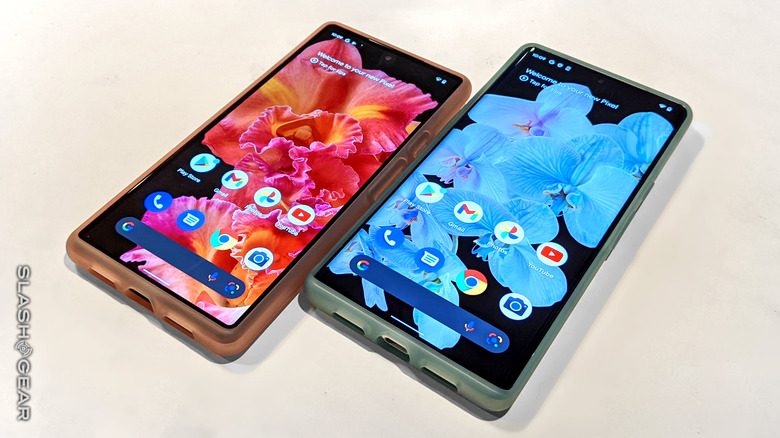
That's a year more than what most smartphone vendors are willing to commit to, but it's also a year short of what Samsung just promised. One could argue that Samsung is only applying that big promise to a number of its smartphones, but Google has a significantly smaller number of phones to support anyway. Samsung isn't Android's creator either, so Google's inability or unwillingness to do one better doesn't exactly do it favors.
Tensor Tension
Part of the hype around the Pixel 6 is the all-new Google Tensor, the company's first commercial System-on-Chip (SoC) for smartphones. Its performance in the wild still has to be measured and tested, but the experiences it enables definitely sound promising. Unfortunately, it seems that Google won't be able to take advantage of designing and using its own chip, at least in terms of calling the shots for software updates.
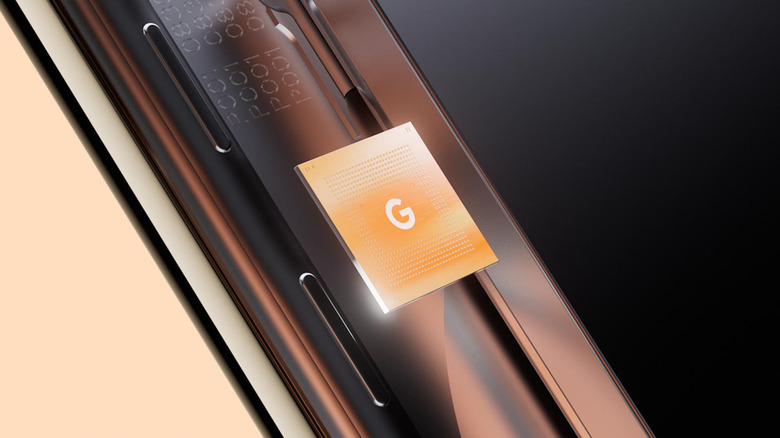
By designing its own processor, Google skips the need to have an update tested and certified by a different entity, namely Qualcomm. By designing its own phones, Google already has the advantage of being able to push updates directly to them, at least for carrier unlocked models. This is the same advantage that Apple has long enjoyed by handling both the hardware and the software sides of the iPhone. Unfortunately, it seems that Google isn't yet ready to capitalize on that with its first-ever self-designed phone chipset.
Treble Troubles
The lack of improvement in the Pixel 6's upgrade timeline does raise questions about Google's efforts in making Android upgrades easier and faster. Project Treble has long been a requirement for all Android phones since Android 8.0 Oreo in 2017. Project Mainline is supposed to also help make upgrades even lighter and has seen a major improvement in Android 12.
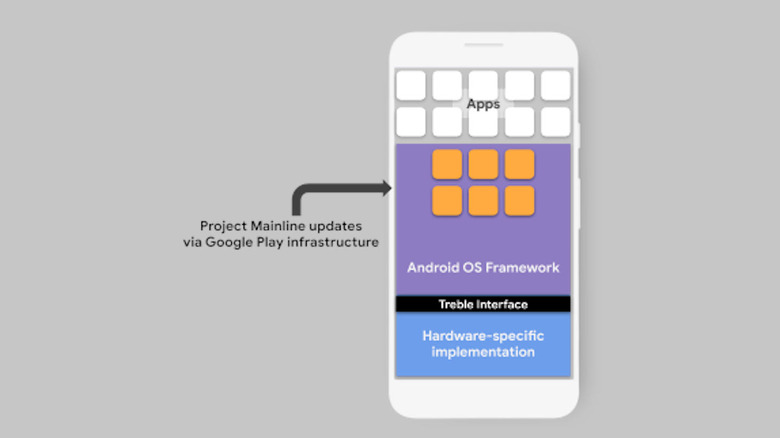
With all these frameworks in place, plus Google's almost complete control over both the Pixel 6's hardware as well as its version of Android, you'd expect that it would be able to support the phone longer than it had other Pixels in the past. Ironically, those very same features might actually be Google's defense against promising more than three years of Android version updates. If it can push new features via Google Play Store anyway, why would it bother with the work to get Android 16 and beyond working on the 2021 Pixel 6?
Google Not Apple
A big part of the disappointment over the Pixel 6's three-year update plan stems from comparisons with Apple's track record. The iPhone maker has so far been able to support devices that are five or even six years old. And that's with almost the same ingredients and environment that the Pixel 6 now has. Amusingly, Apple is still sometimes accused of "planned obsolescence" so that it could sell more devices, which isn't hard to believe given its current business and business models.
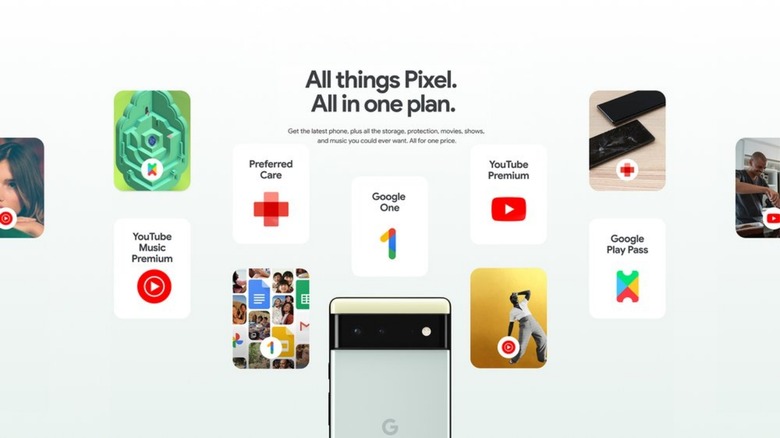
Google, on the other hand, isn't really in the business of selling hardware and makes more money off its ecosystem of Web services, ads, and the like. The newly-launched Pixel Pass shows a potential new model for Google to bundle its phones with its services, relieving it of the concern over getting users to upgrade phones every year or two. It would, in fact, work better in its favor if it could get people keeping their Pixel phones far longer, avoiding the disruptive and still risky task of migrating between phones.
Wrap-up
It's rather disheartening for Android fans that the platform's update performance is still a sore point today. Things have definitely gotten better, and manufacturers are stepping up to take responsibility as much as they can. Google, however, is or should still be the model of Android updates, and it missed becoming the hero with the Pixel 6.
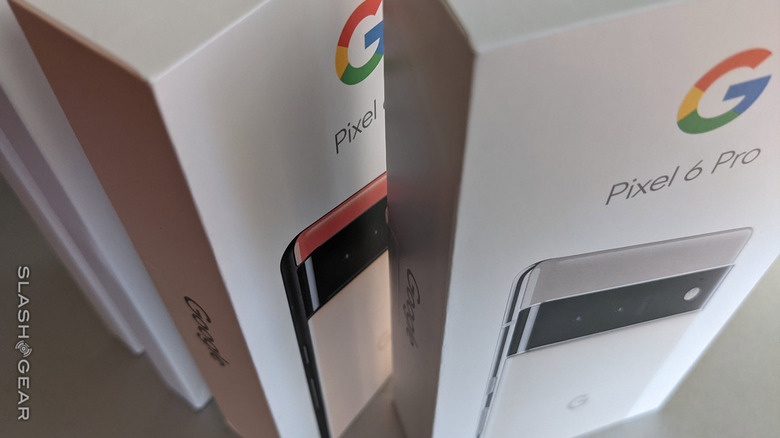
That said, there's still that "at least" phrase in Google's support document, so it might still end on a high note in the long run. One can definitely hope Google will do good by Pixel 6 believers, but, at least for now, it's still one of the most noteworthy Android phones of the year. Hopefully, the reviews will match the hype.
